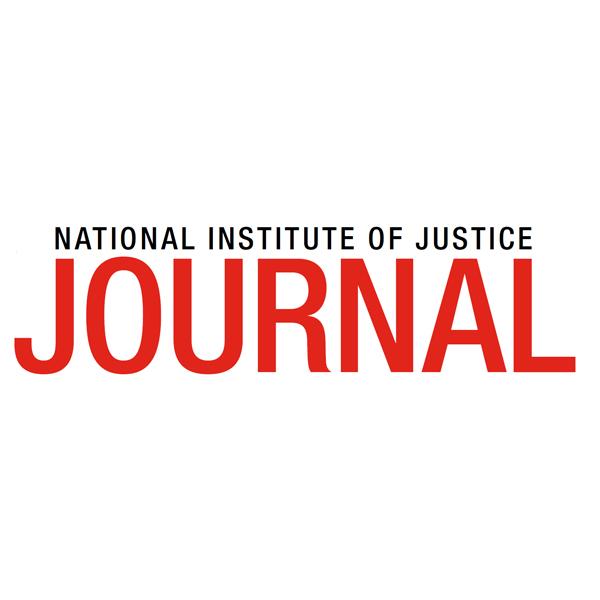In September 2012, NIJ issued a challenge to scientists, inventors and innovators: Come up with unique, creative ways to test the performance and usability of body armor without destroying it — and potentially win $50,000.
Most law enforcement agencies replace their body armor every three to five years — the typical length of the manufacturer's warranty. However, scientists suspect that the ballistic performance of individual vests may vary because of normal daily wear and tear and a variety of physical, chemical and environmental factors. NIJ held the prize competition because there is no known way to predict the amount and rate of change of a vest's ballistic performance due to these factors.
Many answered NIJ's call and offered potential solutions. In the end, four finalists received prizes: two teams of academics, a team from a national laboratory and an independent two-person team. The eventual winner — a group of doctoral students in Purdue University's School of Aeronautics and Astronautics — came from outside of the traditional criminal justice research community.[1]
The body armor competition was the first NIJ Challenge, an alternative to NIJ's traditional grant-making process and a way to bring practitioners and researchers together to generate innovative solutions.
NIJ has since issued more Challenges. One sought innovative solutions that provide mission-critical voice communications services to law enforcement and other public safety responders using commercial off-the-shelf technology.[2] Another asked for "disruptive" criminal justice applications that use ultra-high-speed networks and have the potential to change how services and information are delivered to criminal justice and other public safety practitioners.[3] A third Challenge sought ways of developing strategies to measure the implementation costs or public safety benefits of the Sex Offender Registration and Notification Act, part of the Adam Walsh Child Protection and Safety Act of 2006.[4] These competitions have all closed, but NIJ recently issued two new Challenges. The first calls for the use of timely and innovative randomized controlled trials that address meaningful criminal justice problems. The second Challenge — launched in collaboration with the Bureau of Justice Statistics — looks to increase the transparency and accessibility of criminal justice data.[6] And the Institute is busy putting together a slate of other exciting new Challenges that will help push forward the cutting edge of research and streamline the delivery of market-ready solutions.
The audience for individual Challenges will vary depending on the question's complexity and format, but, in general, NIJ is seeking ideas from researchers and practitioners in a wide variety of science, technology and criminal justice fields, as well as members of the general public interested in applying their know-how to problems facing criminal justice practitioners. These competitions can help bridge gaps between practitioners, researchers and technology companies. For example, some Challenges involve two phases (ideation and technology demonstration), allowing NIJ to gather input from practitioners who know what is needed in the field and then to bring those requirements to researchers with the technical abilities to address them.
Challenges are also a good value proposition for the government and taxpayers. They allow NIJ to pay only for successful solutions, spur market interest in problems relevant to practitioners, and may speed the delivery of products to the field. The competitions are generally conducted over a short period of time and have minimal administrative burdens, thus attracting applicants who might otherwise be dissuaded by the lengthy application process required for multiyear federal grants.
NIJ is not alone in this effort: Promoting the use of Challenges is a government-wide initiative spearheaded by the White House since 2009. Both federal agencies and the private sector have used these competitions to encourage top talent to think about solutions to problems that have proven difficult to solve through other means. Challenge.gov, a one-stop shop to find Challenges offered by federal agencies, was established in 2010. Since then, it has facilitated the award of more than 200 prizes. In 2013, the website received the Innovations in American Government Award from the Harvard Kennedy School.
Be sure to visit Challenge.gov for the most up-to-date list of competitions.
About This Article
This artice appeared in NIJ Journal Issue 274, December 2014.



